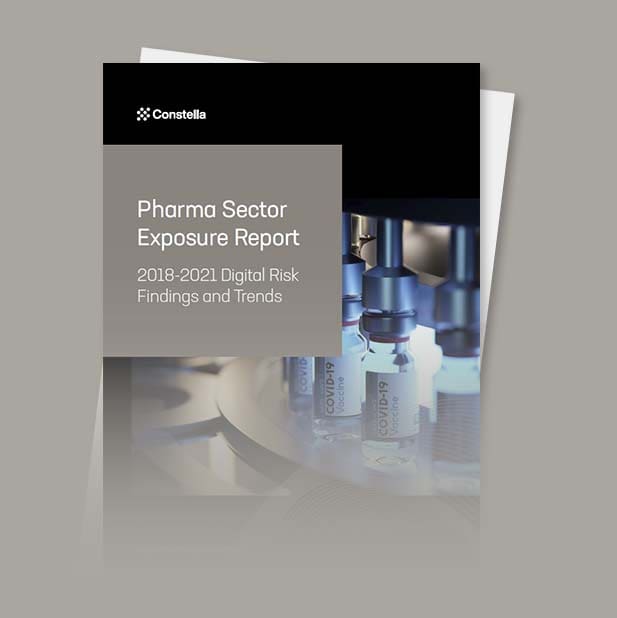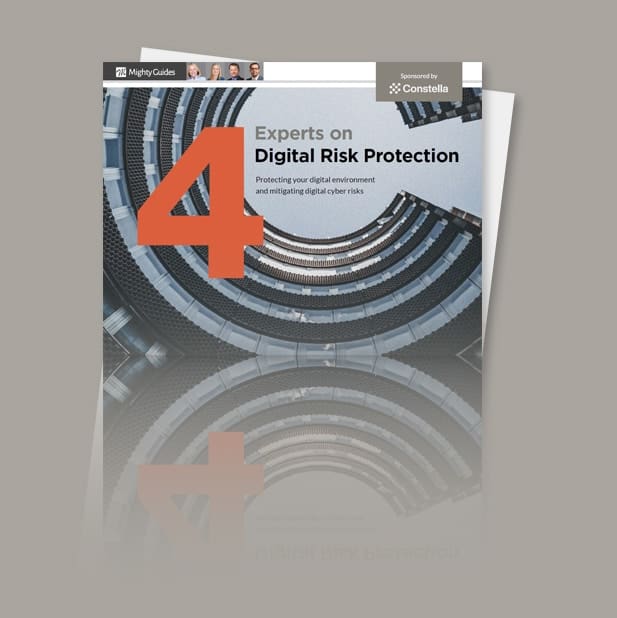Constella Intelligence Launches Brand Protection Module in Dome Platform, Provides Critical Threat Detection for Brands and Their Customers
LOS ALTOS, Calif., Sept. 29, 2022 /PRNewswire/ — Constella Intelligence (“Constella”), a global leader in Cyber and Physical Risk Protection, today announced the launch of Brand Protection, a new module in the Dome platform that provides critical visibility into the digital and physical threats that target an organization and its customers. Dome Brand Protection follows the release of Executive Protection and Employee Protection last year.
Constella’s Dome Brand Protection module has the unique ability to monitor and identify a range of brand- and customer-related threats emerging from external sources and potential insider activity, including: malicious domains that launch phishing attacks or market counterfeit products; data breaches and account takeovers facilitated by exposed credentials and personally identifiable information (PII); social media impersonations used to spread disinformation, defraud customers or link to phishing campaigns; and dark web activity, such as selling or weaponizing stolen information, planning physical attacks against employees and facilities or recruiting insiders to divulge an organization’s sensitive data and provide access to internal systems.
“We are incredibly pleased to introduce Brand Protection and further expand the protective capabilities of our Dome platform,” said Kailash Ambwani, CEO of Constella. “The threats brands face today are increasingly diverse, spanning the cyber and physical spheres with the power to disrupt business operations. Given the challenges organizations face to keep up with evolving threats and the growing need to protect valuable assets, Dome Brand Protection will be crucial to our partners looking to safeguard their brand reputation and their customers through proactive threat monitoring, detection, assessment and response.”
Existing threat detection and OSINT collection techniques are largely siloed, manual and slow because security teams lack the adequate resources and technology to proactively detect critical threats to individuals and the brand itself. This trend is partly owed to disjointed teams, the use of generic tools engineered for marketing or legal teams rather than security departments and a lack of sufficient staff to monitor, detect and mitigate brand-targeted threats. Organizations too often respond to threats after the damage is done to their brands or customers—Brand Protection fills these blind spots by leveraging the Constella Dome platform that provides a high degree of automation and customizable threat models across multiple use cases, thus delivering highly accurate, real-time alerts and accelerating the response process.
“Cybercriminals are more sophisticated now than ever before, making brand protection a top priority for security professionals of all industries and locations,” said Dr. Ed Amoroso, founder and CEO of TAG InfoSphere. “Throughout my time in the cybersecurity sector, I’ve learned that no brand is too small or too private to suffer a targeted attack, and I believe unified, real-time monitoring and detection technologies will only become more essential from this point on.”
The consequences of targeted brand attacks go far beyond financial losses, as organizations also face reputational damage, diminished trust, stolen intellectual property and risks to employee health and safety. These damages can take years to remedy, and some brands never fully recover. Brand Protection bolsters the chances of mitigation, allowing CISOs, CSOs, legal teams and other security professionals to pinpoint emerging risks long before they become full-fledged attacks.




